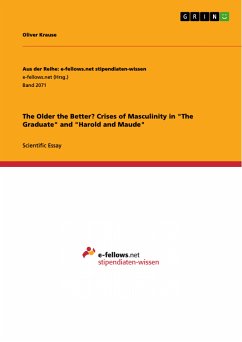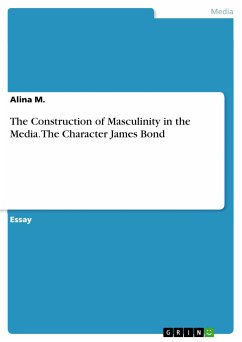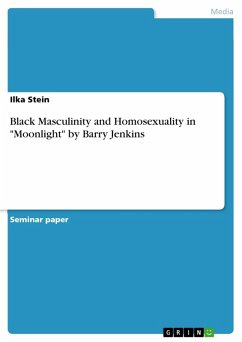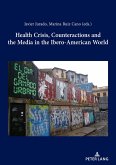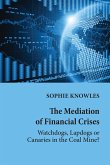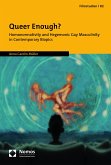Scientific Essay from the year 2013 in the subject Communications - Movies and Television, grade: 1,0, Pace University, course: American Film Comedy, language: English, abstract: The time of transition and adaption after the Paramount decree and the decline of the studio system in the 1950s is what many film scholars refer to as the New Hollywood era. Geoff King describes with this term two versions of how the industry approached the difficult economic circumstances at this time (New Hollywood 3). This includes the emergence of the American art cinema, which King calls the "Hollywood Renaissance" (3). With this term, he primarily characterizes the 1968 to 1980s approach of the studios to target films "at a variety of smaller, more specific" audiences (34; 48). According to King, there had been a demographic shift and a greater cultural awareness of a new generation since the 1960s (30). As a result, this led to new forms of narrative and style, as well as more critical topics that were addressed in films within the studio system. Many of today's well-known filmmakers began their careers in this period of a greater artistic freedom and shifts in social awareness. The comedies "The Graduate" (Mike Nichols, 1967) and "Harold and Maude" (Hal Ashby, 1971) both reflect the alienated youth generation of their era through their respective male protagonists. In particular, both characters' identity crises derive from a not-yet-accomplished masculinity and are coped with through a taboo-breaking love affair. In the following comparison, the use of the cinematic techniques of mise-en-scene, cinematography, and music in both films will be shown to represent this crisis of manhood and its final accomplishment by the principal male protagonist. This theme will be examined, drawing mainly on readings by scholars such as William Indick and Wayne Schuth.
Dieser Download kann aus rechtlichen Gründen nur mit Rechnungsadresse in A, B, BG, CY, CZ, D, DK, EW, E, FIN, F, GR, HR, H, IRL, I, LT, L, LR, M, NL, PL, P, R, S, SLO, SK ausgeliefert werden.

